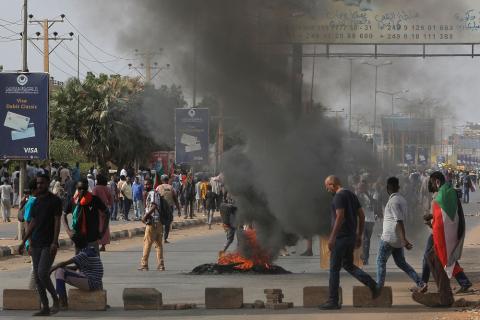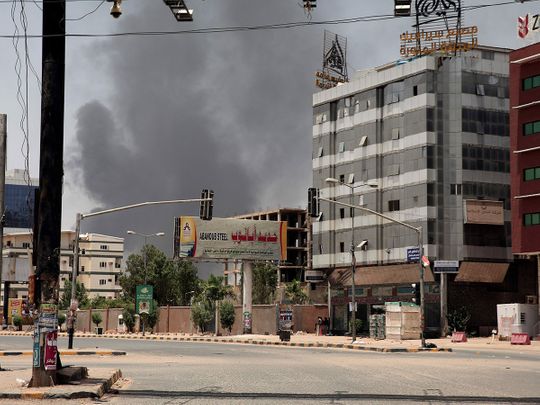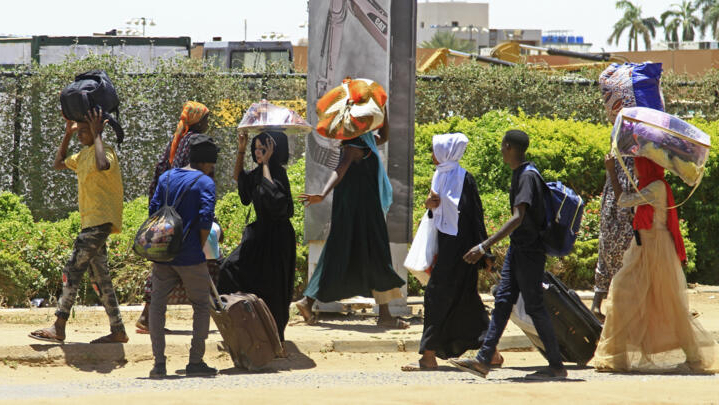The United Nations Office for the Coordination of Humanitarian Affairs (OCHA) reported that almost 1.4 million people had been displaced in Sudan since a battle between two rival generals started in April, in a new report that reveals the scope of the disaster enveloping the African nation.
Before the war, Sudan had several million internally displaced people before the war due to years of political turmoil. According to UNHCR figures, the country accommodated 1.13 million refugees from other conflict-torn countries, including South Sudan, Eritrea, and Syria.

The latest outbreak of violence has driven a new wave of people to flee their homes to other parts of Sudan or neighbouring countries.
According to the UN's International Organization for Migration's (IOM) Displacement Tracking Matrix, more than 1 million people have been internally displaced in the country since the conflict began on April 15.
Did you read this?
"The number of newly internally displaced people recorded in just over five weeks (April 15 to May 23) is comparable to that recorded for all displacement in the country from 2020 to 2022," according to the announcement.
According to the United Nations High Commissioner for Refugees (UNHCR), a further 345,000 people had fled Sudan into neighbouring countries such as Egypt, Chad, and Ethiopia as of May 26.
The UN Population Fund said that, among the massive displacement, there had been an increase in allegations of gender-based violence and domestic violence, particularly among internally displaced Sudanese people.

Reports of "sexual violence against women and girls, including allegations of rape, committed by the parties to the conflict," according to Pramila Patten, the UN Special Representative of the Secretary-General on Sexual Violence in war, are also concerning.
The Sudanese Armed Forces (SAF) are at odds with the Rapid Support Forces (RSF) in the current conflict. Fighting has resumed despite a seven-day truce deal mediated by Saudi Arabia and the United States on May 22.
According to the UN, humanitarian partners are working fast to get relief supplies to the places most needed, but there are security and transportation issues.









